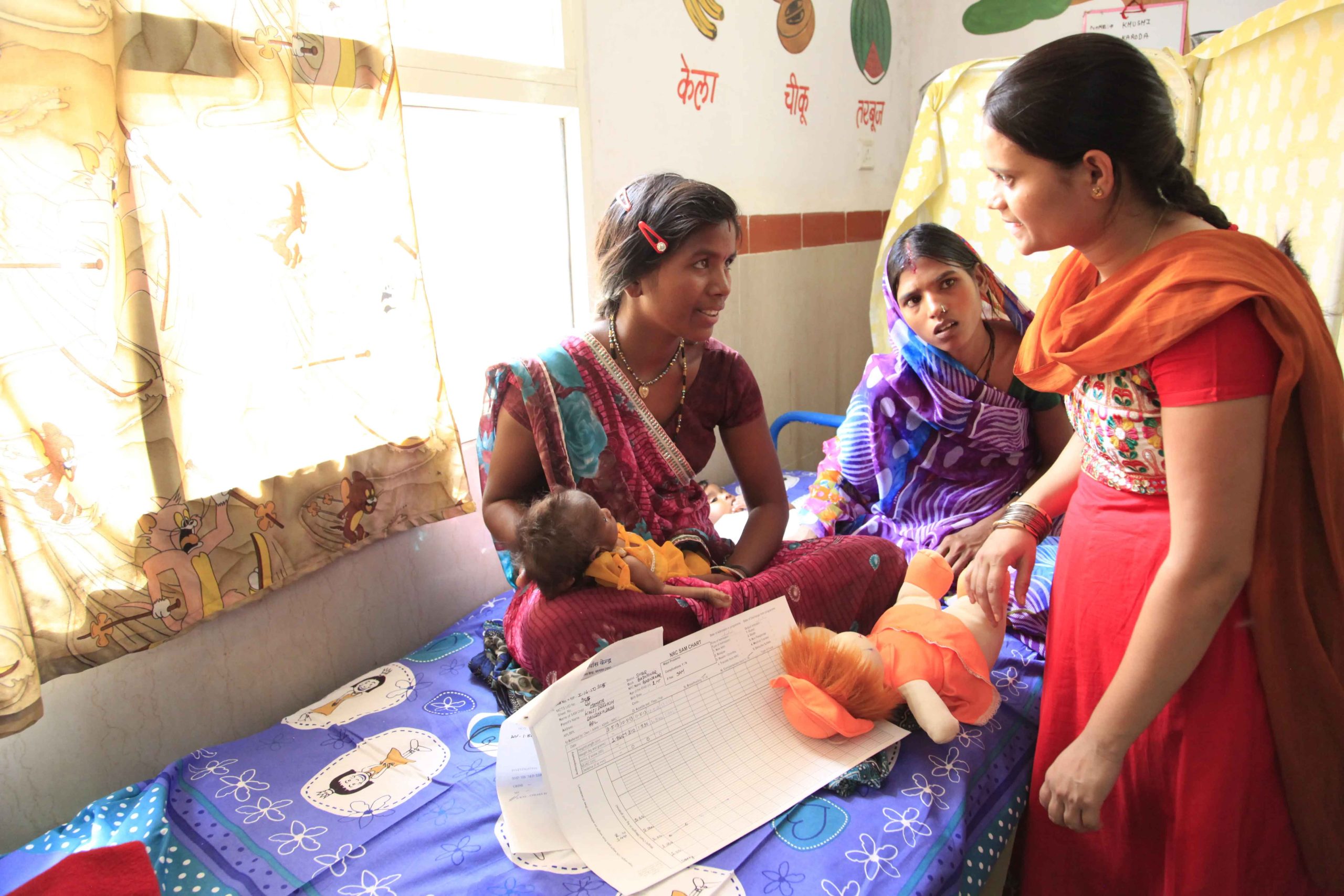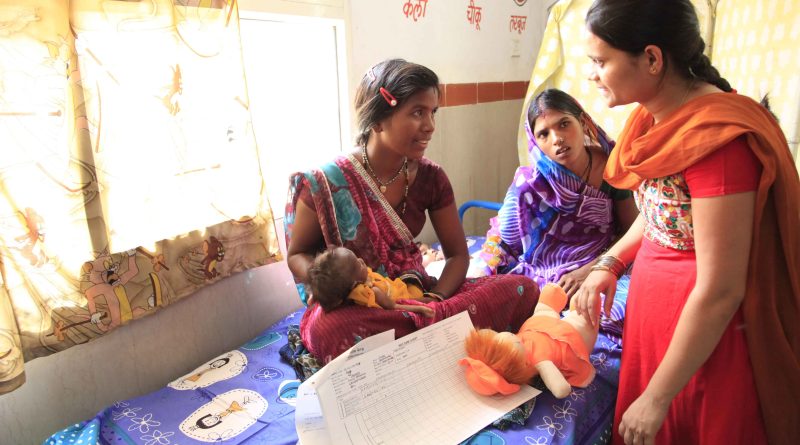WHO Honours South-East Asia’s Public Health Champions
During the 77th Regional Committee Session, the World Health Organization (WHO) celebrated the commendable achievements of several South-East Asia nations in public health, recognising them for their progress toward the Sustainable Development Goals (SDG) and successful elimination of preventable diseases. These accolades were presented as part of the WHO Public Health Awards, a prestigious event that recognises countries that have implemented impactful health initiatives, improved accessibility to essential health services, and made strides toward health equity.
Bhutan earned notable recognition as the first country in the region to reach the 2030 interim targets for eliminating cervical cancer, which remains a leading cause of mortality among women in many parts of the world. Bhutan achieved the 90-70-90 goals through a comprehensive national strategy focusing on HPV vaccination, cervical screening, and treatment access. Ms Saima Wazed, WHO Regional Director for South-East Asia, praised Bhutan’s efforts, attributing the success to strong governance and community-driven health policies that prioritised early intervention and accessibility. “Bhutan’s commitment to women’s health exemplifies how targeted health policies, community mobilisation, and access to advanced screening can work hand-in-hand to drive lasting change,” she stated.

India was celebrated for its achievement in eradicating trachoma, a painful infectious eye disease that can cause blindness. India now joins Nepal and Myanmar in eliminating trachoma as a public health problem. This achievement is attributed to large-scale public health programmes and improved sanitation practices that have helped mitigate the spread of the disease in vulnerable communities. Commenting on India’s success, Ms Wazed noted, “Trachoma elimination is a significant public health victory that showcases the effectiveness of community engagement and health literacy campaigns.”
Timor-Leste was applauded for eliminating lymphatic filariasis, a debilitating disease that impacts the quality of life for affected individuals. As the fifth country in the region to eliminate this disease, Timor-Leste’s achievement was made possible through long-term community-led health initiatives, supported by strategic government policies and sustained international assistance. The award recognised the dedication of health workers and the significant role of awareness programmes in achieving this milestone. Ms Wazed highlighted Timor-Leste’s progress as “a reflection of how resilient health systems and empowered communities can eradicate diseases that have long plagued regions.”
Additionally, Maldives and Sri Lanka were lauded for their success in controlling hepatitis B infections among children, a critical achievement in reducing long-term risks of liver disease and promoting child health. The two countries have consistently implemented infant vaccination programmes, ensuring that hepatitis B prevalence remains low among the next generation.
The WHO also recognised six South-East Asia nations for meeting the SDG targets related to reducing under-five mortality and stillbirth rates, highlighting the region’s commitment to maternal and child health. In her concluding remarks, Ms Wazed celebrated the collective advancements, remarking that each milestone represents a step closer to universal health coverage and equitable healthcare access. “These accomplishments demonstrate the extraordinary impact of a united approach to public health, with governments, health workers, and communities working together toward common goals. Through such efforts, we’re ensuring a healthier future for the next generation, solidifying the importance of health as a fundamental right for all,” she said.

